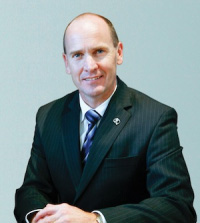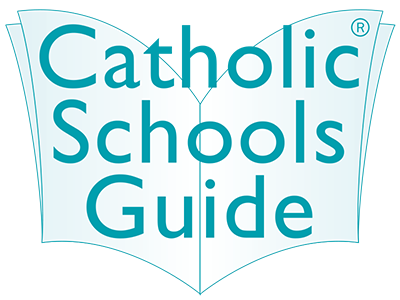News and Media

A View of Boys Education by Mark Murphy
Good boys’ education is democratic, offers many ways to gain recognition and often involves fathers and father figures. It contains policies and practices based on a positive approach to male identity. It also uses teaching, learning and assessment styles that draw on boys’ strengths.
My office at Marcellin College looks directly out onto our school’s main courtyard. To me it provides a quintessential view of all that is good and positive in boys’ education.
At first glance, our courtyard is a chaotic place full of movement and energy. On closer inspection there is great order and purpose in this maelstrom of young men. There are boys engaged in a variety of games where they are not only matching their physical skills, but more significantly they are learning skills of negotiation, mediation, justice and empathy. I see other boys sitting in groups chatting intently as they eat their lunch. I see boys crowding around teachers on supervision duty engaging in conversation and building relationships. I see a lunchtime music concert on the stage in the middle of the quadrangle and some boys selling raffle tickets to raise money for those in need in a developing part of the world. What I see most of all is boys who are comfortable to be who they are without fear of judgement or of failure.
In a boys’ school environment boys are able to find their niche. At Marcellin College we promote the concept of multiple masculinities, that is, there are many pathways to manhood. In this environment boys involve themselves in activities and pursuits motivated purely by their own interests and aptitudes rather than by stereotypes and external pressures to conform.
Teachers who are employed in boys’ schools are there because they have made a conscious decision to work with boys. There is no doubt that the way to a successful education for boys is through the development of positive relationships where mutual and unconditional respect and a focus on the dignity of the person are at the very heart of all interactions. The boys themselves have made it clear that what connects, engages and motivates them at school is not facilities or curriculum, but the positive relationships they build with their teachers. They tell us that they need teachers who respect them, who are knowledgeable in their subjects, who are friendly, approachable and willing to listen, and who encourage and help them to succeed.
Boys also learn in different ways than girls. They often require signposts which will guide them towards their learning destination. They need to be engaged in a learning environment that is real and purposeful and they need to witness positive male modelling. Good boys’ education is democratic, offers many ways to gain recognition and often involves fathers and father figures. It contains policies and practices based on a positive approach to male identity. It also uses teaching, learning and assessment styles that draw on boys’ strengths.
Marcellin Champagnat, the founder of the Marist Brothers, and for whom our school is named, was a man who truly understood the educational and spiritual needs of young people. He said that to educate boys … you must love them and love them all equally. If boys know that they are respected, understood and valued, they are well on the way to success at school.

Principal Mark Murphy has been teaching in Catholic Secondary Schools 24 years, the last 11 of which have been specifically in Boys’ Education settings.
Mark has spoken on Boys’ Education issues at a number of schools and conferences including The University of Newcastle Boys’ Education Conference and he has co-ordinated many Boys’ Education initiatives in schools including BELS and Success for Boys’ programs.
Mark is the Principal of Marcellin College, a Catholic College for boys in the Marist tradition. Marks qualifications include Dip T; B A; B Theol; Post Grad Dip (Stud Welfare); Master of School Leadership.

